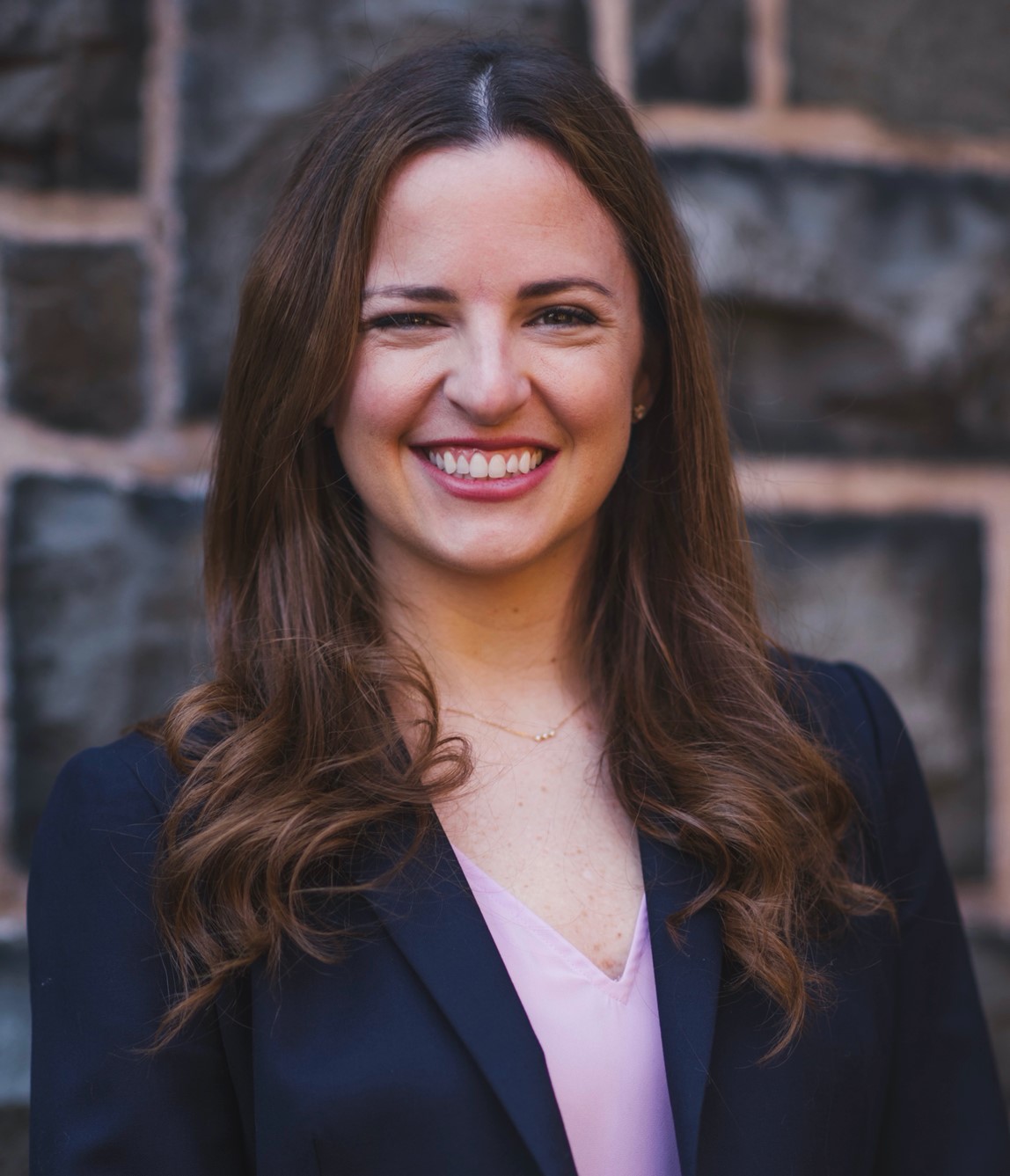How CATCH Grants Plant Seeds of Good Health in Communities

Alexis Rudd, MD
November 12, 2020
On a Sunday afternoon before the pandemic struck, a co-resident and I stepped into an unfamiliar house full of familiar sounds: children playing, a tea kettle whistling, and women chatting happily. As we walked into the home, all eyes turned to us and we were greeted warmly. Our jackets were hung in the closet, and cups of fragrant tea found their way into our hands.
Our visit that Sunday was the main event. We were there to talk about nutrition and healthy cooking. Our class would not be a traditional session on diet and nutrition, as these extraordinary women and children were newly resettled refugees. They were learning the English language and the ins and outs of the U.S. health care system. Our teaching materials were specifically tailored to their language, culture, and needs. With the help of a trusted interpreter, we felt ready to begin our class.
As the session progressed, the women’s tentative voices grew stronger, asking more questions and offering advice. Together, we came up with ways to adjust recipes from their home countries to make them healthier. Baking instead of frying foods in oil was a common theme.
“The Community Access to Child Health (CATCH) program’s mission is to support pediatricians, both residents and attendings, to collaborate within their communities.”
Once the class wrapped up, the women invited us to stay and share in the food they had prepared for the occasion. While we ate, the children buzzed around us while the mothers marveled at how quickly their children were learning English. My co-resident and I sincerely thanked the families for their generosity, and they returned the thank-yous for our teaching.
As we headed home, I wondered who had learned more, me or the women.
These teaching sessions are led monthly by Yale pediatric residents, medical students, and nurses through the Yale Health Education and Literacy for Asylees and Refugees (Y-HEALAR) Program. Y-HEALAR partners with local non-profits serving the New Haven, Connecticut, community, such as Integrated Refugee and Immigrant Services (IRIS) and Elena’s Light. The program aims to improve health literacy among refugees and asylees by empowering them to manage their own health in a new geographic, linguistic, and social environment.
Additionally, Y-HEALAR’s classes provide opportunities for health care providers in training to serve the local population and learn more about their specific health care needs. The program performs needs assessments, develops curriculum, teaches each class, and evaluates their impact. Class participants and teachers seem to equally enjoy the experience, and many return for subsequent classes.
The Y-HEALAR program is a perfect example of how an AAP CATCH grant has served as the seed money for a community-embedded, resident-run initiative. The Community Access to Child Health (CATCH) program’s mission is to support pediatricians, both residents and attendings, to collaborate within their communities.
Since the program was launched in 1993, it has provided over $9 million in grants and funded more than 1,800 projects. As of 2018, there were 585 resident grants awarded, programs that are similar to Y-HEALAR that are working to improve the health and well-being of children across the United States.
Projects are innovative, impactful, and sustainable. In Dauphin County, Pennsylvania, a partnership was formed between the Pediatric Penn State Health, Penn State College of Medicine’s Culinary Medicine, the local public schools, and community organizations to create a pop-up kitchen to educate families on how to use ingredients from a food pantry.
In Oakland, California, the Primary Care Center at UCSF Benioff Children’s Hospital partnered with the Martin Luther King Jr. Freedom Center to create a nonpartisan voter engagement and registration program in the clinic. In Winston-Salem, North Carolina, the Wake Forest Pediatric residency primary care clinic collaborated with a local early childhood education non-profit called Imprints Cares, which provides one-on-one in-home services with family educators to combat toxic stress in high-risk families.
The impact of the CATCH grant program on communities across the United States and Canada is clear. Two years after the one-year grant period ends, 74% of projects report sustained community partnerships, 75% have new partnerships, and, critically, 88% of CATCH projects exist in some form.
Feeling inspired to start a project in your community? The new application cycle is open until Jan. 27, 2021. If you have questions, you can contact CATCH staff at [email protected]. Learn more about CATCH here.
*The views expressed in this article are those of the author, and not necessarily those of the American Academy of Pediatrics.
About the Author
Alexis Rudd, MD
Alexis Rudd, MD, is a post-graduate year three in the Yale Pediatric Residency Program. She earned her medical degree at Tulane University School of Medicine and has a special interest in health policy and refugee health.